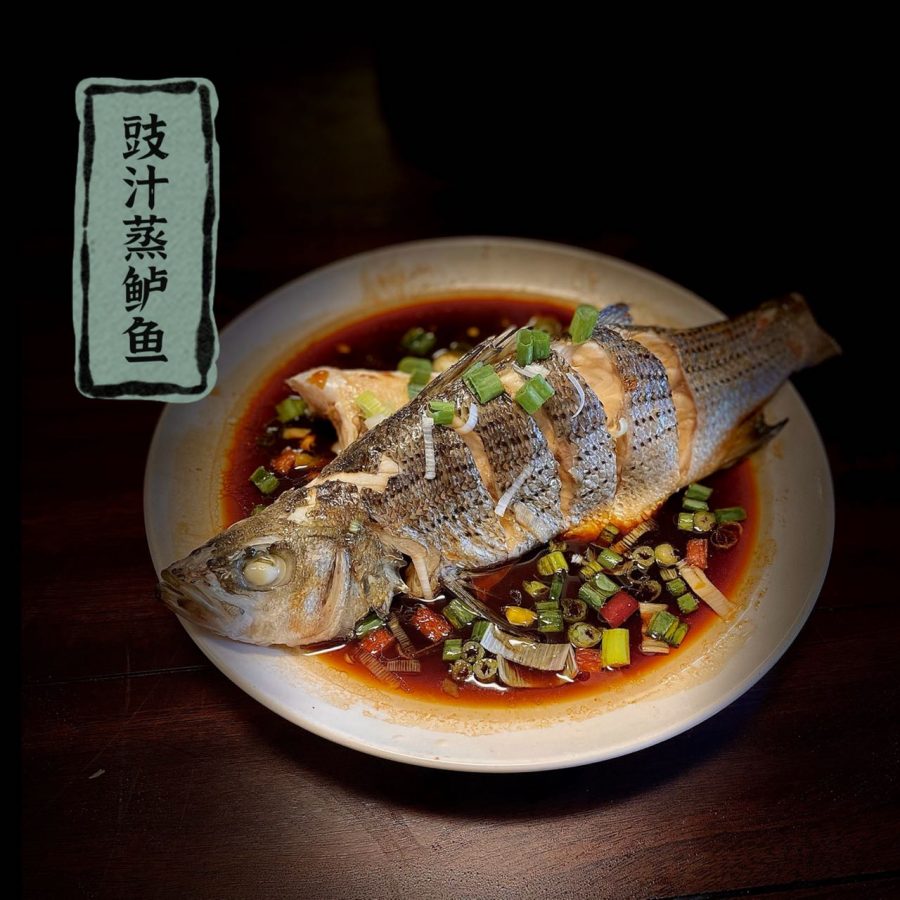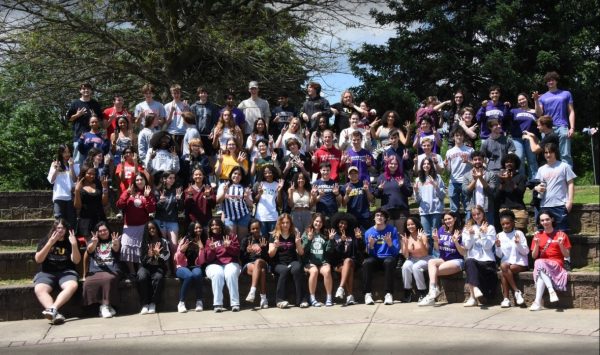Student-led cooking tradition in dorm
Since the beginning of the school year, many dorm students of the SSFS community have organized to cook delicious meals for other dorm residents. This student-led activity has become a weekly tradition, as many found it worthwhile continuing despite it being a costly preparation, a time-consuming process, and a potential failure. However, the weekly cooking event remains largely unknown to other community members.
Several reasons motivated dorm students to cook on their own every week. Students of international backgrounds, who make up the majority of boarding students, miss their homeland cuisine. Our school’s cafeteria was unable to provide them with desirable foods of their own culture, and ordering takeout can be expensive. Consequently, dorm students, specifically Chinese students, decided to come up with their own “cafeteria” in order to satisfy their need for authentic home meals. Another important cause of this weekly cooking activity is that students seek further connections and a sense of community within the dorm. Without the physical company of their family members, dorm students may be prone to loneliness and rely on each other. Cooking is a complex task that requires great communication, cooperation and coordination, which makes it ideal for cultivating team chemistry and building community bonds.
But how do these dorm students actually operate such time-consuming tasks on a weekly basis? I spoke to Willian Sun, one of the two initiators of the student-led cooking event.
Q: How do you decide which ingredients to buy?
A: Before purchasing food ingredients, we will count the number of people who are interested in cooking. We will discuss and reach a consensus on the menu first, and each person will list the food they want to cook or help to make. Then we will go to the supermarket to purchase the food required.
Q: Where do you typically buy raw ingredients for food?
A: Great Wall Supermarket in downtown Rockville. They sell ingredients specifically for Chinese cuisines.
Q: What’s your favorite meal you have made?
A: Steamed freshwater bass with scallion and black beans. I’m really good at it.
Q: Do you enjoy the process? Rate your satisfaction from 1-10?
A: I very much enjoy the process. I’ll give a 9, although it can be quite time-consuming.
Q: Did you cook at home?
A: Yes, I did. I also used to cook for my previous homestay families every week.
Q: What motivates you to cook by yourself in the dorm?
A: Good food really makes my day. It’s not a big deal for me to make meals as long as they taste satisfying. I also enjoy serving others food because that gives a sense of accomplishment.
Q: Was there ever a food/recipe disaster?
A: Yes, definitely. The first time we made meals in the dorm was a total mess. Raw ingredients and utensils were misplaced. The sink was blocked because it took too long, and the dishes that we served went cold. Pasta & eggs were overcooked. There was also miscommunication about recipes. I don’t want to experience that ever again.
Q: Why did some people stop cooking?
A: From what I know, many people quit because the first two meals were way too time-consuming and they feel dissatisfied with unorganized work division, miscommunication, and disagreements over the menu.
Q: How much time is spent on cooking per week?
A: Depending on what is being cooked. For example, soybean sauce noodles can take up to 1 hour to feed as many as 10 people, while other dishes such as steamed fish soup can take as long as 3 to 4 hours. It also depends on how many people are being served or the specific menu that week.
The tradition of dorm students making gourmet food aligns with important values of the school, specifically the SPICES, which stands for six distinctive values: simplicity, peace, integrity, community, equality, and stewardship. In particular, the activity conforms to the idea of equality, as everybody gets to eat what’s cooked. Under most circumstances, students work together in an organized fashion throughout the entire food-making process. After learning lessons from previous failures, students discuss and carefully divide the labor. This includes buying ingredients and utensils, food preparation, cooking, washing dishes, and final clean-up. Furthermore, it exemplifies the value of community as students work collectively throughout the cooking process and share a feeling of accomplishment and collective honor through their various contributions. The weekly cooking tradition serves as a great opportunity to bring students together, cultivate their cohesion as community members, and deepen their bonds.






Yvette • Dec 16, 2021 at 1:29 pm
The cooking tradition that happens every Saturday is definitely one of my best experiences as a dorm student! I really hope more day students can join us if the pandemic situation improves. 🙂